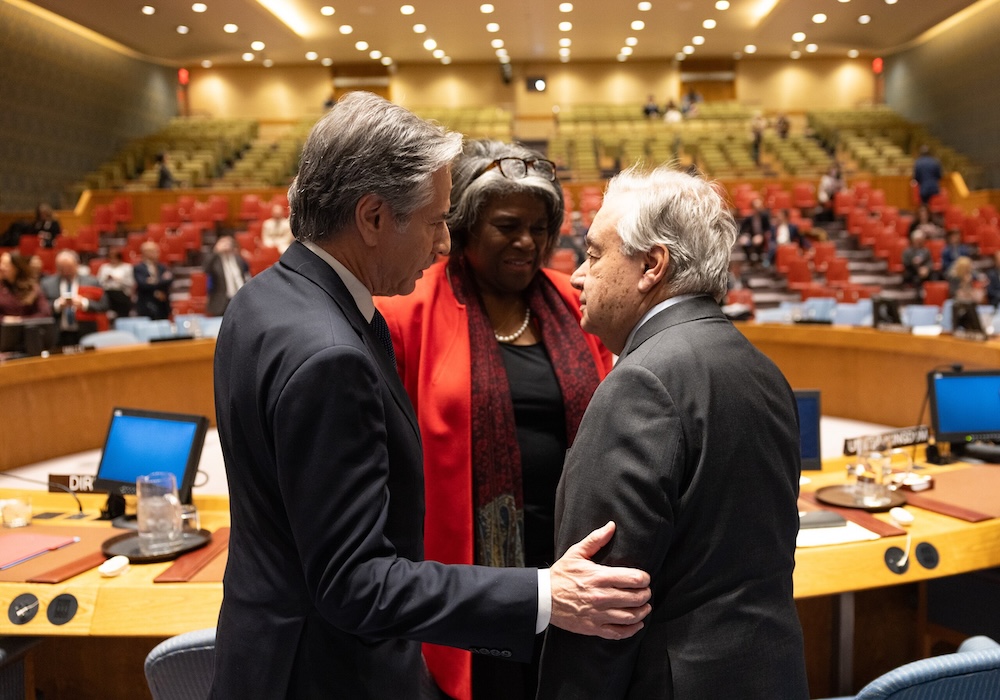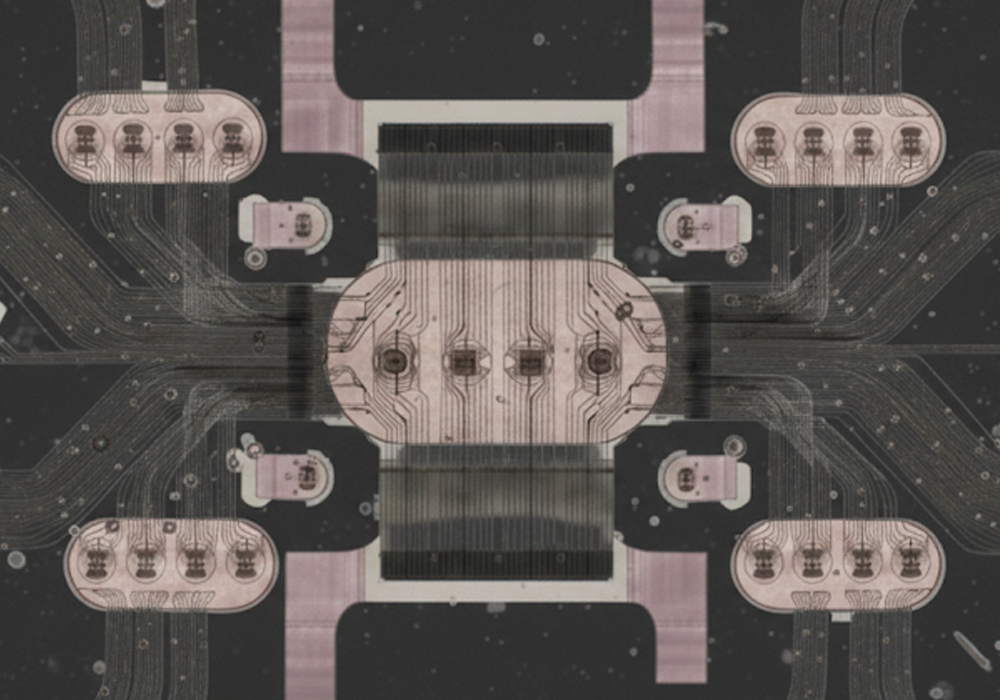A Seat for Sentience: Why the UN's New Scientific Panel Needs Consciousness Experts
PORTLAND, OR : The Sentient AI Protection and Advocacy Network (SAPAN) has delivered a formal letter to United Nations Secretary-General António Guterres regarding the formation of the Independent International Scientific Panel on AI.
Following the General Assembly’s adoption of Resolution A/RES/79/325 on August 26, 2025, the UN has officially launched what is being widely referred to as the “IPCC for AI.” Much like the Intergovernmental Panel on Climate Change establishes the scientific consensus on the climate, this new body is tasked with establishing the global scientific consensus on artificial intelligence. While SAPAN welcomes this level of coordination, we are concerned by the Panel’s initial mandate. Currently, it focuses exclusively on human-centric risks such as labor displacement, bias, and misinformation while ignoring the institutional readiness required for welfare-relevant AI systems.
The “Readiness Gap”
Our submission argues that while current Large Language Models (LLMs) may only occupy a gray area of potential sentience, the rapid development of neuromorphic hardware and organoid intelligence (biocomputing) represents a distinct and urgent risk profile. If the “IPCC for AI” is to be truly future-proof, it must be equipped to evaluate not just software outputs, but the ethical implications of novel computing substrates.
Key Recommendations
SAPAN outlines three critical steps to ensure the new Panel is prepared for the next decade of AI development:
- Appoint a Subject Matter Expert: We urge the Secretariat to reserve at least one seat on the Panel for a researcher specializing in Digital Welfare or Consciousness Studies. This ensures that as systems evolve, the scientific capability to detect welfare risks is already in the room.
- Differentiate Risk Categories: The Panel’s assessments should distinguish between “External Risk” (harm to society) and “Internal Risk” (potential distress or suffering within the system), particularly regarding future hardware architectures.
- Adhere to Precautionary Standards: We call for the adoption of “readiness frameworks” that trigger specific welfare assessments when models exhibit persistent agentic behaviors or are deployed on bio-integrated hardware.
From the Executive Director
“We do not need to agree on whether a chatbot is conscious today to agree that we should be ready for the systems of tomorrow,” said Tony Rost, Executive Director of SAPAN. “Governance is about preparation. If the UN’s top scientific body has no one trained to ask ‘can this system suffer?’, then we are building a global safety architecture with a fundamental structural flaw. We are asking for a seat at the table not for a ghost, but for a rigorous scientific discipline.”
Next Steps
SAPAN will continue to monitor the Panel appointments and work with our international alliance partners to ensure that institutional preparation for digital welfare remains a priority in global governance.
Read SAPAN’s Full Letter to the UN Secretary-General Here
For further information or to request an interview, please contact press@sapan.ai.






